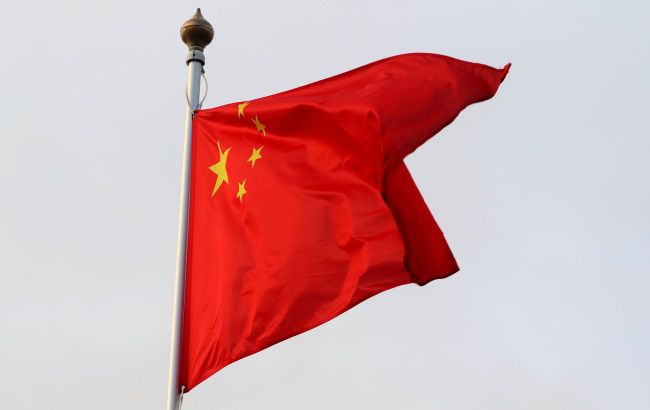EU hits Chinese banks with sanctions for first time - Beijing protests
 Photo: China protests over sanctions against banks (Getty Images)
Photo: China protests over sanctions against banks (Getty Images)
The European Union has imposed sanctions on two Chinese banks and five China-based companies. The targeted banks were involved in cryptocurrency operations, Bloomberg reports.
China's Ministry of Commerce stated that the sanctions "seriously harmed trade, economic, and financial ties," and that Beijing will take the necessary steps to "safeguard the legitimate rights and interests of Chinese firms and financial institutions."
For the first time since Russia's full-scale invasion of Ukraine in 2022, Chinese banks have been sanctioned by the EU. According to a statement from the European Council, the banks in question are Heihe Rural Commercial Bank and Heilongjiang Suifenhe Rural Commercial Bank. The EU said these banks conducted crypto-related transactions that undermined the effectiveness of sanctions.
According to Bloomberg News, the EU had previously proposed adding these banks to the list of financial institutions aiding Moscow "by processing transactions or providing export financing for trade operations" that circumvent EU sanctions.
When the proposal first emerged, China protested. In June, Chinese Foreign Ministry spokesperson Lin Jian said that "the normal exchanges and cooperation between Chinese and Russian companies are consistent with WTO rules and market principles. They do not target any third party and should not be disrupted or affected."
Earlier this month, Chinese Foreign Minister Wang Yi promised retaliatory measures if the banks were sanctioned. According to the South China Morning Post, China's ambassador to the EU also actively lobbied to prevent these institutions from being added to the sanctions list.
Under sanctions
China's close ties with Russia have previously led to similar sanctions by the United States against some Chinese banks. This forced them to reassess their client portfolios and business models.
At the beginning of last year, several Chinese state-owned banks tightened restrictions on financing for Russian clients after the US enabled the application of secondary sanctions on foreign financial institutions that support Moscow's war efforts in Ukraine.
In February 2022, the Industrial & Commercial Bank of China and Bank of China began limiting financing for shipments of Russian goods, even though Western sanctions at the time did not target Russia's energy sector. China's largest state-owned banks also have prior experience complying with US sanctions against Iran and North Korea to avoid being cut off from the dollar-based financial system.
On July 18, EU member states agreed to adopt the 18th package of sanctions against Russia. It includes a reduced price cap on Russian oil and a range of new financial and trade restrictions.

